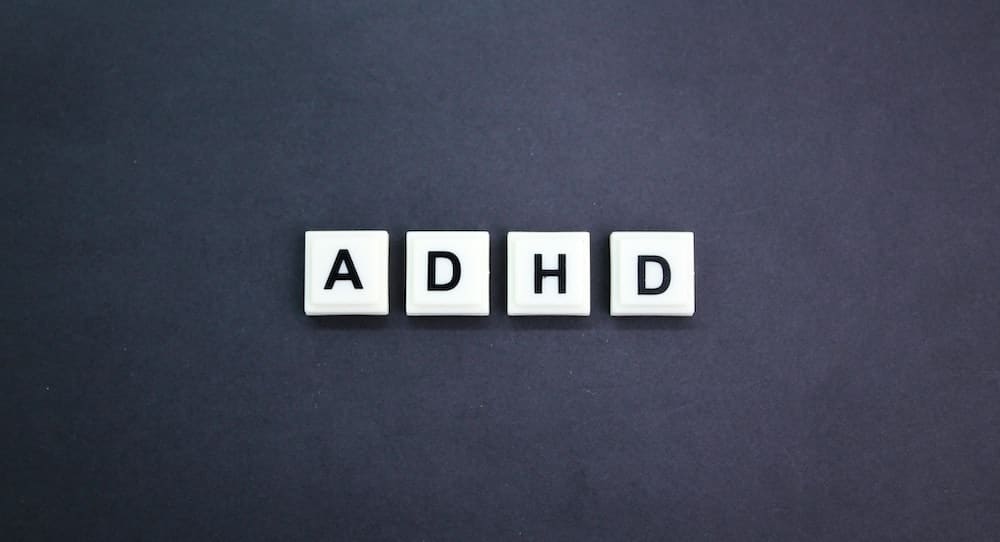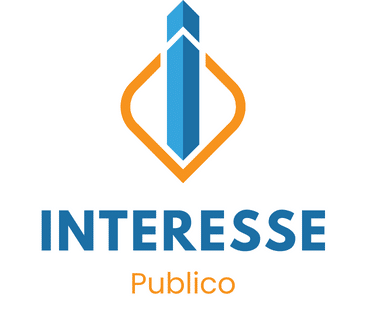What Are the Key Signs of Nutritional Deficiencies in Tortoises?

Tortoises, like all reptiles, require specific nutrients to maintain their health and wellbeing. Without a proper balance of vitamins, minerals, and other key nutrients in their diet, they can suffer from a range of health issues. This is especially true for tortoises kept as pets, as their nutritional needs can be more challenging to meet than those of their wild counterparts. It’s crucial for tortoise owners to be aware of the signs of nutritional deficiencies, so they can take appropriate action to ensure their pet’s overall health.
Recognizing Nutritional Deficiencies in Tortoises
When you bring a tortoise into your home, it’s critical to understand their unique dietary needs. Different species of tortoises have varying dietary preferences, with some favoring certain plants and others needing high-protein foods.
Additional reading : What Are the Best Gentle Grooming Techniques for a Dog with Skin Sensitivities?
A tortoise suffering from nutritional deficiencies will exhibit specific symptoms. These signs are often subtle and take time to become noticeable. It’s essential to monitor your tortoise’s behavior, appearance, and eating habits closely to detect any potential problems early.
Weight loss and lethargy are two common signs of nutritional deficiencies in tortoises. If your tortoise is losing weight despite a steady diet, or appears less active than usual, it could be a sign of a deficiency. A lack of appetite or refusal to eat certain foods might also indicate a nutritional issue.
Also to see : How to Ensure a Balanced Diet for a Hyperthyroid Cat?
Shell abnormalities, such as softness, discoloration, or irregular growth patterns, can also indicate a deficiency, particularly in calcium – a vital nutrient for shell development and maintenance.
The Importance of Calcium in a Tortoise’s Diet
Calcium is a crucial nutrient for tortoises. It plays a significant role in bone and shell development and growth, muscle function, and metabolism. A tortoise’s diet should be high in calcium, with a calcium to phosphorus ratio of at least 2:1.
If your tortoise isn’t getting enough calcium, it can lead to a condition called Metabolic Bone Disease (MBD), which can cause softening and deformation of the shell and skeletal bones. Signs of MBD include a soft or misshapen shell, lethargy, and decreased appetite.
Tortoises can obtain calcium from a variety of food sources, including dark leafy greens like kale and spinach, broccoli, and calcium supplements. Additionally, adequate exposure to UVB light is required for tortoises to synthesize Vitamin D3, which aids in calcium absorption.
The Role of Vitamins in a Tortoise’s Diet
Just like humans, tortoises need a variety of vitamins for optimal health. Vitamin A, vitamin D3, and vitamin E are particularly important.
Vitamin A is essential for maintaining the health of the skin, eyes, and immune system. Deficiency can lead to problems like swollen eyelids, poor growth, weight loss, and skin infections. Foods high in vitamin A include sweet potatoes, carrots, and leafy greens.
Vitamin D3, as mentioned earlier, is crucial for calcium absorption. In addition to being synthesized with the help of UVB light, it can also be found in foods like fish and eggs.
Vitamin E is an antioxidant that helps protect the body’s cells from damage. Lack of vitamin E can lead to muscle weakness and reproductive issues. Wheat germ, spinach, and broccoli are good sources of vitamin E.
Hydration and Proper Feeding Techniques
Water plays a crucial role in the nutrition of your tortoise. Tortoises get most of their hydration from the foods they eat, but they should also have access to a shallow dish of clean water at all times.
When it comes to feeding your tortoise, offer a varied diet to ensure they’re getting a wide range of nutrients. Feed them a mix of vegetables, fruits, and proteins, tailored to their specific species’ dietary needs.
Be aware of the size of the food you’re offering. Large, tough pieces can be difficult for tortoises to eat and may lead to choking or digestive issues. Chop food into bite-sized pieces and monitor your tortoise while they’re eating to ensure they’re not having any difficulties.
The Vital Role of UVB Light
UVB light is essential for tortoises. It allows them to synthesize vitamin D3, which in turn aids in calcium absorption – a critical process for bone and shell health. Indoor tortoises should have access to a UVB light source for several hours each day.
Inadequate UVB exposure can lead to MBD and other health issues. Symptoms of UVB deficiency can include lethargy, decreased appetite, and abnormal shell growth. It’s vital to choose the correct UVB bulb for your tortoise’s species and to replace it regularly, as the UVB output decreases over time.
In conclusion, it’s crucial for tortoise owners to be knowledgeable about their pet’s nutritional needs. By providing a balanced diet, ensuring adequate hydration and UVB exposure, and regularly checking for signs of deficiency, you can keep your tortoise healthy and happy.
Recognizing Vitamin Deficiency in Red Footed Tortoise Diet
Red-footed tortoises are a popular breed often kept as a pet. Like all tortoises, they have specific dietary needs which include a range of vitamins and minerals. Any deficiency can lead to health problems.
A red-footed tortoise diet should be rich in calcium and phosphorus, and ideally contain a calcium to phosphorus ratio of 2:1. The diet should also include both water-soluble and fat-soluble vitamins. A deficiency in vitamin A, for instance, may lead to swollen eyelids, skin infections, poor growth, and weight loss.
Certain foods such as spinach and some other leafy greens contain oxalic acid which can interfere with calcium absorption, leading to a deficiency and making these foods a less ideal choice for your tortoise.
Keep a watchful eye on your tortoise’s behavior and physical attributes. Any changes such as weight loss, lethargy, refusal to eat certain foods, or shell abnormalities could be signs of a nutritional deficiency. If such signs are observed, it’s crucial to consult a vet and review the tortoise’s diet.
Addressing Nutritional Needs of Desert Tortoises
A desert tortoise, like the red-footed tortoise, also requires a diet rich in calcium, phosphorus, and a variety of vitamins. The diet of desert tortoises, however, differs due to their natural habitat. They are usually high fiber, low protein, and calcium-rich herbivores.
Avoiding a high protein diet is essential for desert tortoises as it can lead to health issues such as kidney damage and metabolic bone disease. Instead, their diet should primarily consist of safe grasses and weeds, supplemented with some flowers and a small amount of vegetables and fruits.
Like their red-footed counterparts, desert tortoises also require a good balance of water-soluble and fat-soluble vitamins in their diet. Deficiency in any of these vitamins can lead to health issues such as respiratory infections and shell abnormalities.
While desert tortoises get their hydration primarily from the food they eat, they should also have access to a shallow, clean water dish at all times in their enclosure.
In Conclusion
Ensuring a balanced diet rich in essential vitamins and minerals is crucial for your pet tortoise, be it a red-footed tortoise or a desert tortoise. Regularly observe your pet for any signs of deficiency and adjust the diet as necessary. Remember, a diet tailored to your tortoise’s species, adequate hydration, and UVB exposure can contribute significantly to the overall health of your tortoise.
Whether it’s a red-footed tortoise munching on their favorite fruits or a desert tortoise enjoying safe grasses, a well-fed tortoise is a happy one. And remember, healthy shell growth and vibrancy are clear indicators of a tortoise’s wellbeing, so always keep an eye out for any changes in shell color, texture, or shape. As dedicated tortoise owners, it’s our responsibility to ensure our shelled friends lead long, healthy lives.
